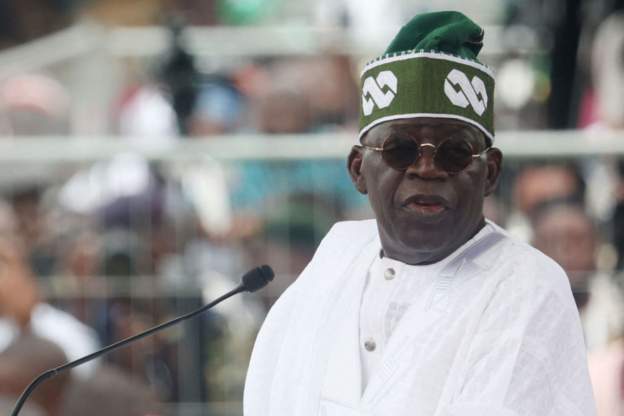Nigeria is contemplating the implementation of state police across its 36 states to reinforce the national police force amid escalating violence and insecurity, announced the information minister on Thursday.
Challenges such as an Islamist insurgency in the northeast, kidnappings for ransom, clashes between farmers and herders in the central belt, and separatist and gang violence in the southeast have stretched Nigeria’s police force thin.
President Bola Tinubu convened with state governors to address the pressing issue of insecurity, which not only jeopardizes citizens’ safety but also impacts farmers and contributes to soaring food prices and inflation.
Following the meeting, Information Minister Mohammed Idris informed reporters that both federal and state governments have recognized the necessity of establishing state police forces, signifying a significant shift in approach. It marks the first time the federal and state governments have reached a consensus on this critical matter.
Nigerian Police Inspector General Kayode Egbetokun highlighted last year the dire need for at least 190,000 additional officers to effectively secure the country. Currently, the police force falls well below the United Nations’ recommended ratio of one police officer to about 450 citizens.
States like Lagos, boasting annual budgets comparable to small African countries, have long advocated for their own state police, believing it would enhance their ability to tackle insecurity effectively.
However, Ikemesit Effiong of risk consultancy SBM Intelligence cautioned that while expanding the police force is imperative, addressing the underlying issues requires a fundamental shift in policing philosophy from retribution and state control to investigation and crime prevention. Simply establishing state police may not fully resolve Nigeria’s complex security challenges.


